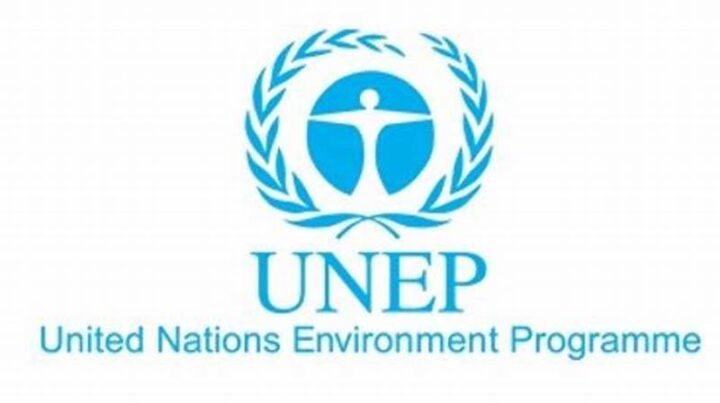A groundbreaking revelation has emerged from the latest report by the United Nations Environmental Program (UNEP), shedding light on the staggering annual expenditure of approximately $7 trillion by both public and private entities on activities with adverse effects on the environment. This astonishing figure represents around 7% of the global Gross Domestic Product (GDP), signifying a substantial financial commitment to practices that negatively impact nature.
Entitled “State of Finance for Nature 2023,” the report underscores the persistent underfunding of nature-based initiatives on a global scale. Despite the growing recognition of the importance of such solutions, the document reveals that current annual investments in nature-based solutions amount to a mere $200 billion. The stark reality outlined in the report indicates that achieving climate, biodiversity, and restoration goals necessitates a threefold increase in financial flows by 2030 and a fourfold increase by 2050.
The report articulates, “For the first time, this edition estimates the scale of nature-negative finance flows from both public and private sector sources globally. The figure is daunting – almost US$7 trillion per year – and is likely to be an underestimate given it includes only direct impacts.” Private sector activities detrimental to the environment receive a staggering $5 trillion in investments, whereas investments in nature-based solutions are significantly lower at $35 billion—a mere 140 times less.

A disconcerting aspect highlighted in the report is the identification of the top five industries responsible for the majority of negative financial flows. These industries include construction, electric utilities, real estate, oil and gas, and food and tobacco. Their collective impact contributes significantly to the substantial annual investment in environmentally harmful activities.
In response to this alarming revelation, Niki Mardas, Executive Director of Global Canopy, emphasized the urgent need for a transformative shift in business practices. Mardas stated, “This year’s report is a stark reminder that continuing with ‘business as usual’ poses a severe threat to our planet, reinforcing the urgent need for a transition to sustainable business practices and to stop the financing of nature destruction.”
The report further brings attention to the concerning trend of government investments in harmful subsidies, revealing a 55% increase to reach $1.7 trillion since 2022. This escalation in governmental support for activities detrimental to nature underscores the gravity of the situation and the inadequacy of current policies in curbing such practices.
The UNEP report issues a stark warning about the potential consequences of unchecked harmful activities on the environment. It emphasizes that without sufficient commitment and financial support, greenhouse gas emissions will continue to rise, leading to a significant increase in the number of people inhabiting warmer environments by 2070. The report predicts that areas affected by warmer weather conditions will expand from 0.8% of the world’s landmass to approximately 19% by 2070, potentially impacting over 3 billion people. The resulting economic fallout could cost the world between 11% to 14% of its GDP by 2050 if the current trajectory remains unaltered.
In summary, the UNEP report serves as a wake-up call, revealing the exorbitant financial investments in environmentally harmful activities and the dire consequences of such practices on a global scale. Urgent and decisive action is imperative to redirect financial flows towards sustainable solutions and mitigate the potential catastrophic impact on the environment and humanity.
Support InfoStride News' Credible Journalism: Only credible journalism can guarantee a fair, accountable and transparent society, including democracy and government. It involves a lot of efforts and money. We need your support. Click here to Donate
